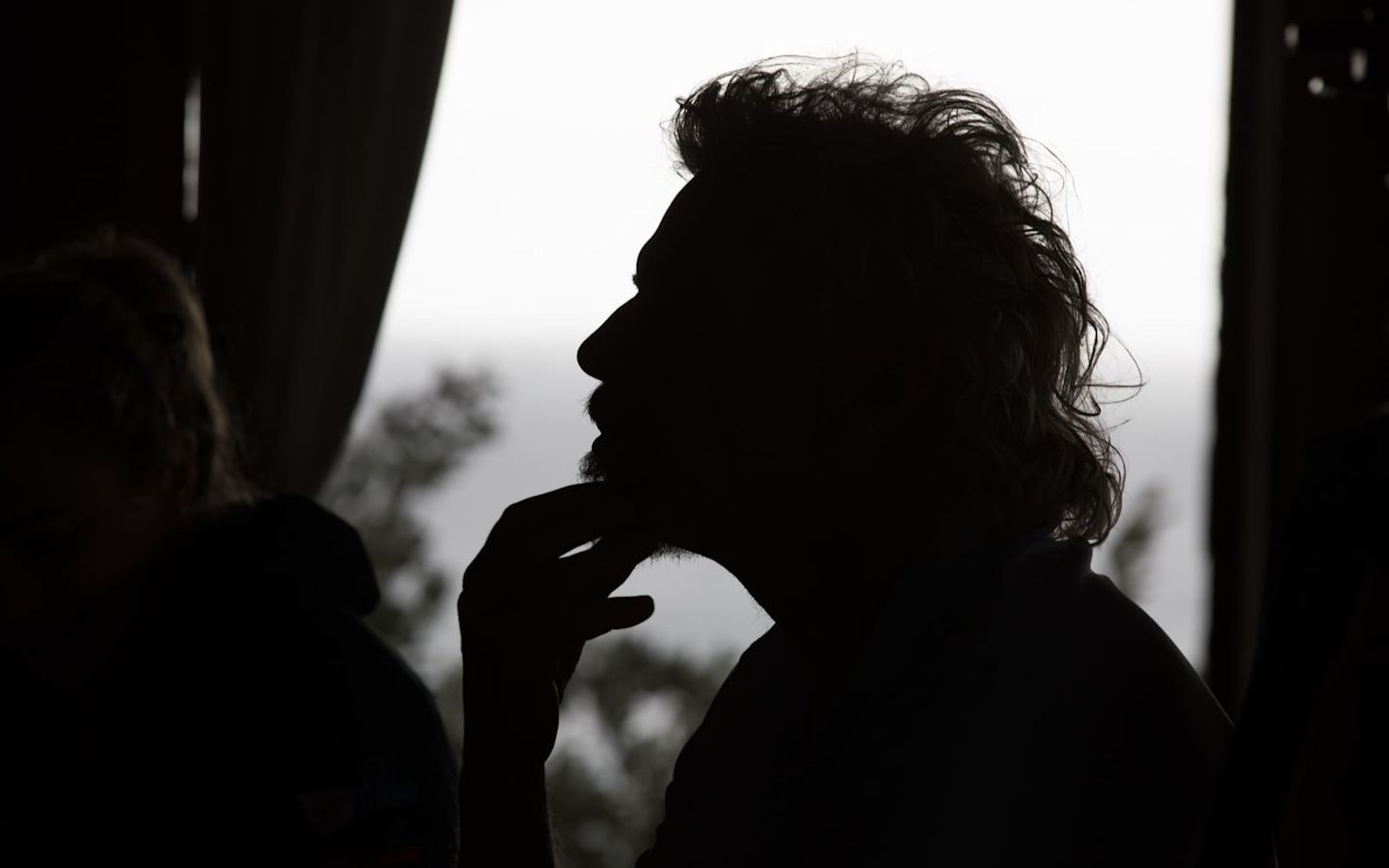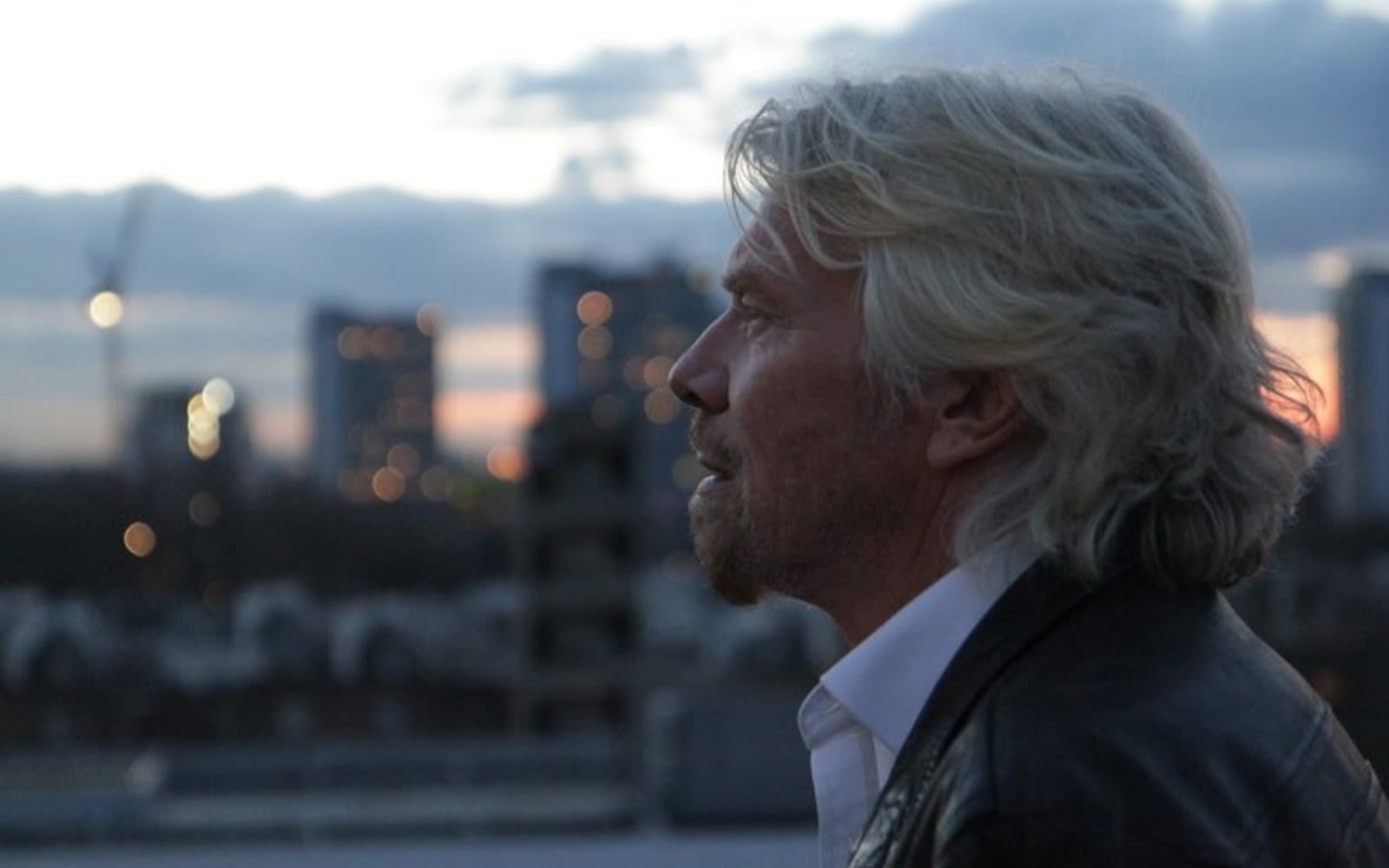On dignity
I enjoy the great privilege of serving on the honorary board of Global Dignity, a wonderful organisation inspired by the idea that the dignity of every single person is essential to combating intolerance, injustice and inequality. One of my fellow board members is Archbishop Desmond Tutu. Arch, as he is affectionately called by many, puts the importance of dignity in our lives in very clear terms: “If you want peace, be sure everyone's dignity is intact.” On this Global Dignity Day, as on any other day, I couldn’t agree more. Dignity is nothing less than the bond that ties our shared humanity together.
In times of crisis, from armed conflict to natural disaster, dignity is sadly often the first casualty. The COVID-19 pandemic is no exception. With tens of millions infected and now more than a million dead worldwide, many of us know stories of the dying spending their last days alone, bereft of any form of dignity, and how the restrictions on social interactions, important as they are to contain the spread of the virus, have left many cut off from crucial support systems.
But the loss of dignity is even more pervasive - there have been breakdowns of dignity occurring unfettered for years. I’m thinking of the millions who have been languishing for years in prisons around the world, thousands of them on death rows, often in endless solitary confinement. I also think of those who have been victims of any form of state-sanctioned brutality and violence. The images of George Floyd’s terrifying ordeal at the hands of Minneapolis police earlier this year or the footage of protestors being beaten in the streets of Minsk speak more than a thousand words about how widespread disregard for human dignity still is in many places.
You’d think that humanity had learned its lessons. Following the horrors of World War II, many governments around the world embedded a commitment to human dignity in their constitutions and founding documents. It’s also central the Universal Declaration of Human Rights. Seeing what we’ve seen this year, I feel such a commitment should be part of every professional oath, too. Better yet, education about dignity and its practical meaning should be part of all professional training, especially in those areas where the protection of and care for our following human beings is at the heart of the job.
Head over to Global Dignity to learn more about their work empowering people to recognise their own inherent dignity and respect the equal worth of all others.



